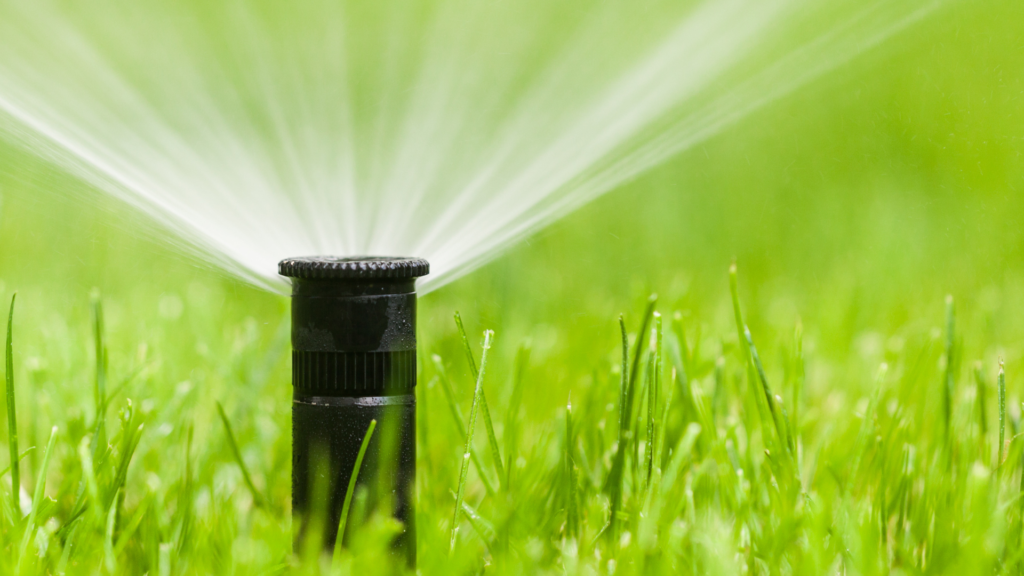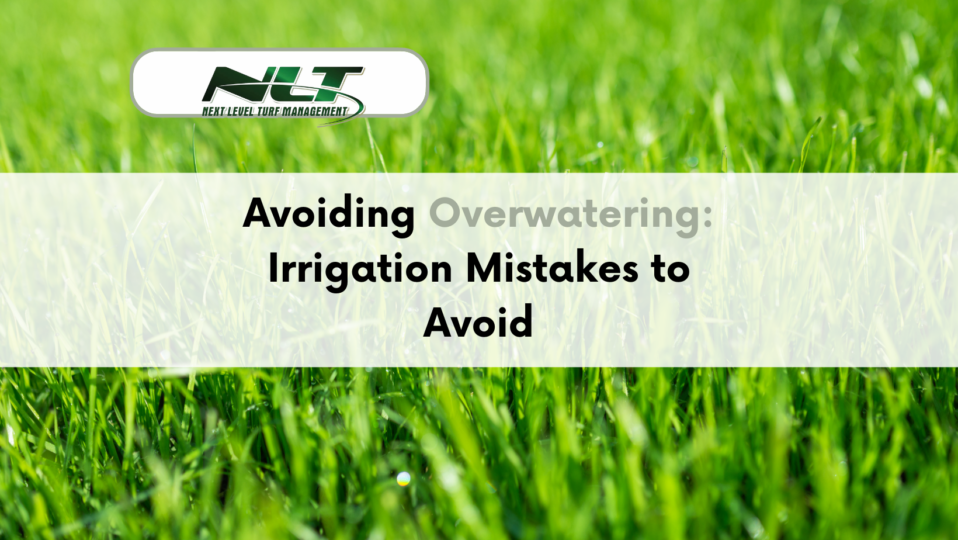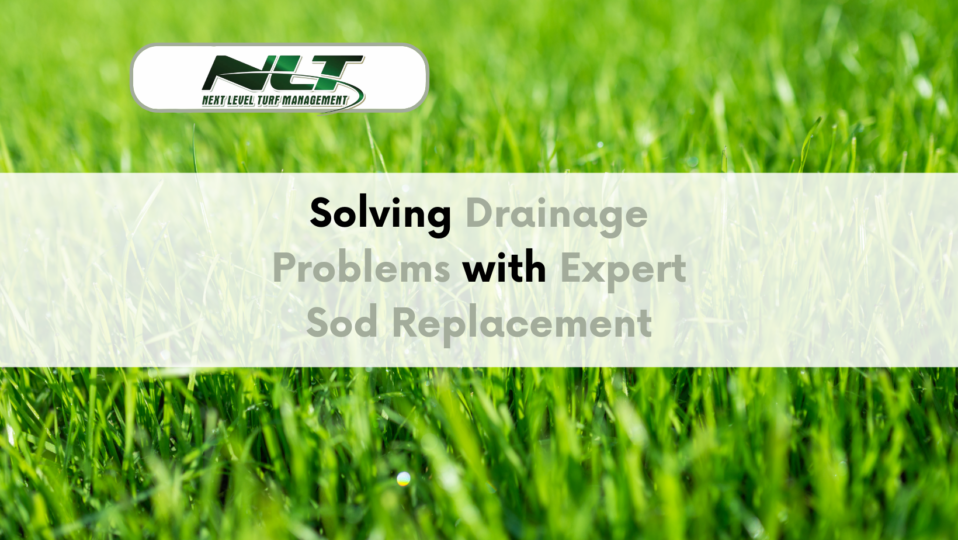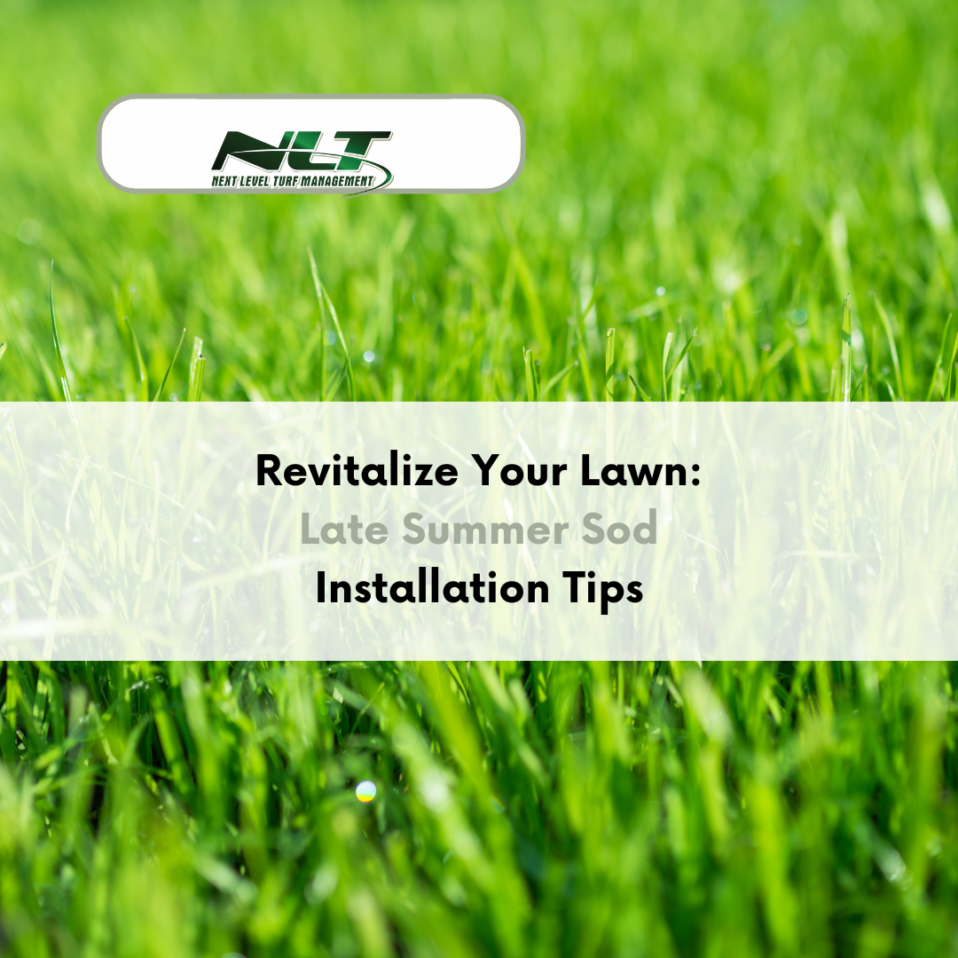Overwatering your lawn can do more harm than good. It can cause soggy patches, encourage weed growth, and lead to the development of lawn diseases. Understanding how to avoid overwatering is crucial for maintaining a healthy and lush lawn.

One common mistake many homeowners make is thinking that more water means healthier grass. However, too much water can suffocate grass roots and reduce the oxygen they need to grow. Waterlogged soil is also a perfect environment for fungi and bacteria that cause lawn diseases.
Improper irrigation practices can waste water and raise your utility bills. Simple changes, like knowing when and how long to water, can make a big difference. By fine-tuning your irrigation system, you can save both water and money, while ensuring your lawn gets the right amount of moisture.
In this article, we’ll explore the effects of overwatering, identify common irrigation mistakes, and provide tips to optimize your system. Understanding these aspects can help you keep your lawn green and healthy without the pitfalls of overwatering.
Understanding Overwatering and Its Effects
Overwatering your lawn can lead to severe problems. When too much water is applied, the soil becomes waterlogged, depriving the grass roots of oxygen. Grass roots need oxygen to breathe and grow. Without it, the roots become weak and the grass starts to die.
Waterlogged soil is also a perfect breeding ground for fungal diseases like root rot and mold. These diseases can spread through your lawn, killing large patches of grass. Overwatering can also cause nutrient runoff, where essential nutrients are washed away from the roots. This leaves the grass weak and less able to fend off pests and diseases.
Additionally, overwatering encourages weeds to grow. Weeds like crabgrass and nutsedge thrive in soggy conditions, outcompeting your lawn for resources. This problem can quickly spiral, making your lawn look messy and unhealthy. In the long run, this can lead to higher costs for weed control and lawn repair.
Understanding the negative effects of overwatering can help you become more mindful of your irrigation practices. Proper watering techniques are crucial for maintaining a lush and healthy lawn.
Common Irrigation Mistakes Leading to Overwatering
Several common mistakes can lead to overwatering your lawn. Knowing what these are helps you avoid them and keep your lawn healthy.
- Watering Too Frequently: Many people think that watering their lawn every day is good. In reality, grass roots need time to dry out between waterings. Watering too often keeps the soil too moist, encouraging shallow roots and weak grass.
- Watering at the Wrong Time: Watering in the middle of the day causes a lot of water to evaporate before it can soak into the soil. Watering in the evening leaves grass wet overnight, promoting fungal growth. The best time to water is early in the morning when temperatures are cooler.
- Using Wrong Irrigation Settings: Incorrect sprinkler settings can either provide too much or too little water. Overlapping sprinkler zones can lead to puddles while poor coverage leaves patches dry. It’s critical to adjust your system for even and appropriate water distribution.
- Ignoring Seasonal Changes: Watering schedules should change with the seasons. Watering the same amount in summer and winter doesn’t work. Grass needs less water when it’s cooler and more when it’s hot.
- Not Observing the Soil and Grass Condition: Not all lawns are the same. Soil type and grass variety can affect how much water is needed. Ignoring these factors leads to over or under-watering. Inspecting your lawn and adjusting accordingly can help you avoid these issues.
Avoiding these common mistakes can improve your lawn’s health and reduce water waste. Simple adjustments to your watering habits can have a significant impact.
Tips to Optimize Your Lawn Irrigation System
Optimizing your lawn irrigation system can save water and promote a healthier lawn. Here are some practical tips to get the most out of your irrigation setup.
- Install a Rain Sensor: A rain sensor automatically shuts off your system when it rains. This prevents overwatering and saves water.
- Adjust Sprinkler Heads: Make sure all sprinkler heads are properly adjusted to avoid watering sidewalks or driveways. Aim them to cover only the lawn.
- Use a Smart Controller: Smart controllers can adjust watering schedules based on weather, soil moisture, and plant needs. This ensures your lawn gets just the right amount of water.
- Check for Leaks: Regularly inspect your irrigation system for leaks. Fixing even small leaks can save a lot of water and prevent overwatering.
- Seasonal Adjustments: Change your watering schedule with the seasons. In summer, you might need more frequent watering, while in winter, less is needed.
- Deep and Infrequent Watering: Watering deeply but less often encourages deeper root growth. This makes your grass more drought-tolerant and reduces the need for frequent watering.
Following these tips will help you optimize your irrigation system, promoting a healthier lawn and reducing water waste.
Benefits of Hiring Professional Irrigation Services
Hiring professional irrigation services offers many advantages. Professionals have the expertise and tools needed to maintain and optimize your system.
- Expert Assessment: Professionals can evaluate your lawn’s specific needs. They analyze soil type, grass variety, and average rainfall to design an effective watering plan.
- Efficient Systems: Professionals can install advanced irrigation systems with smart controllers and sensors. These systems adjust watering schedules based on real-time data, ensuring optimal moisture levels.
- Regular Maintenance: Regular professional maintenance keeps your system running smoothly. They check for leaks, adjust sprinkler heads, and ensure everything is functioning efficiently.
- Water Savings: With proper installation and maintenance, professional services help reduce water waste. Efficient systems save water, lowering your utility bills.
- Safety and Compliance: Professionals are trained to follow safety guidelines and comply with local water use regulations. This ensures that your system is legal and safe.
Investing in professional irrigation services can save you time, money, and water while keeping your lawn healthy and green.
Conclusion
Overwatering is a common problem that can lead to unhealthy soil, weak grass, and increased weed growth. By understanding the effects of overwatering and recognizing common irrigation mistakes, you can take steps to ensure your lawn remains in top condition. Adjusting your watering habits and optimizing your irrigation system can make a big difference.
Tips like using a rain sensor, adjusting sprinkler heads, and switching to a smart controller can greatly improve your system’s efficiency. These small changes help save water and promote healthier grass growth. Additionally, hiring professional irrigation services offers numerous benefits, from expert assessments to advanced system installations, ensuring your lawn receives the perfect amount of water.
Taking the time to address overwatering and improve your irrigation practices leads to a healthier, more vibrant lawn. For expert help in managing your lawn’s irrigation system, contact Next Level Turf. Our team is dedicated to providing you with the best solutions for a lush, green lawn. Schedule a consultation with Next Level Turf today and enjoy the benefits of professional irrigation care.






Post a comment